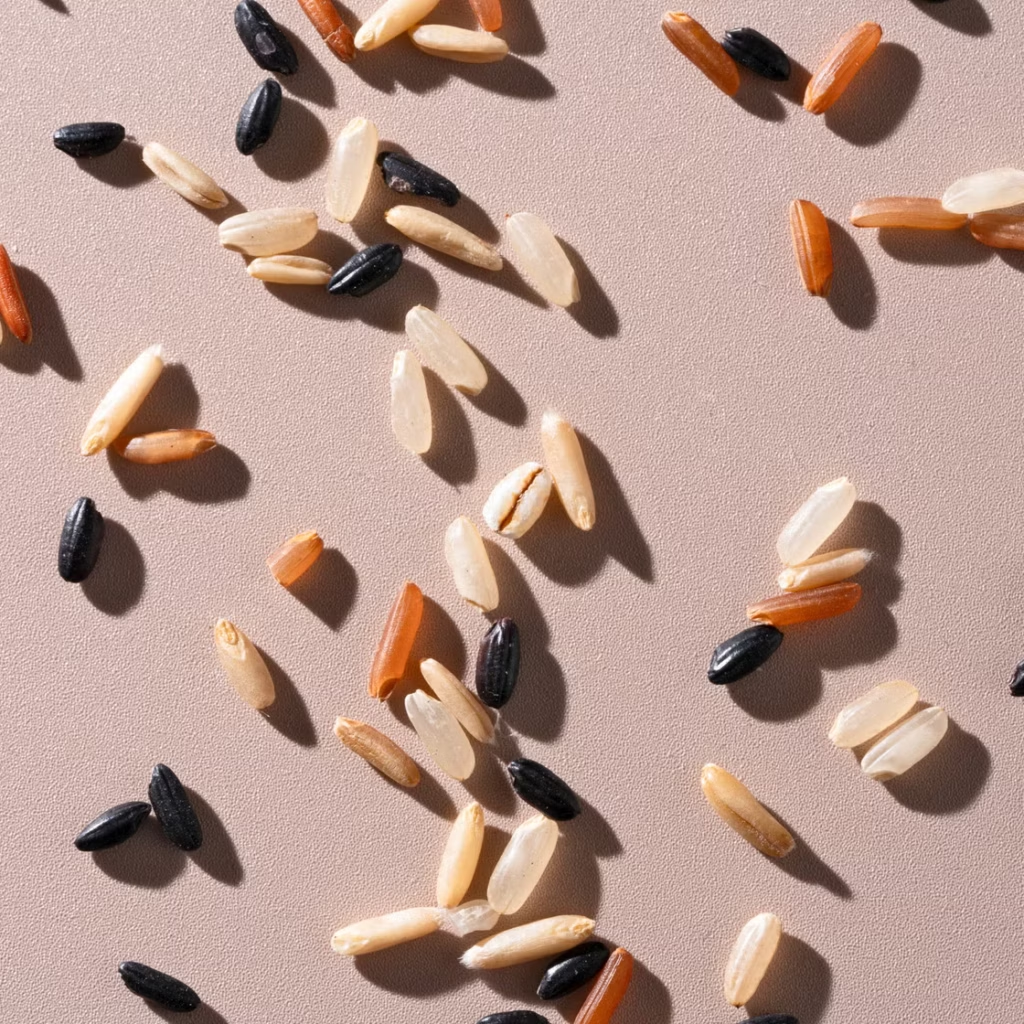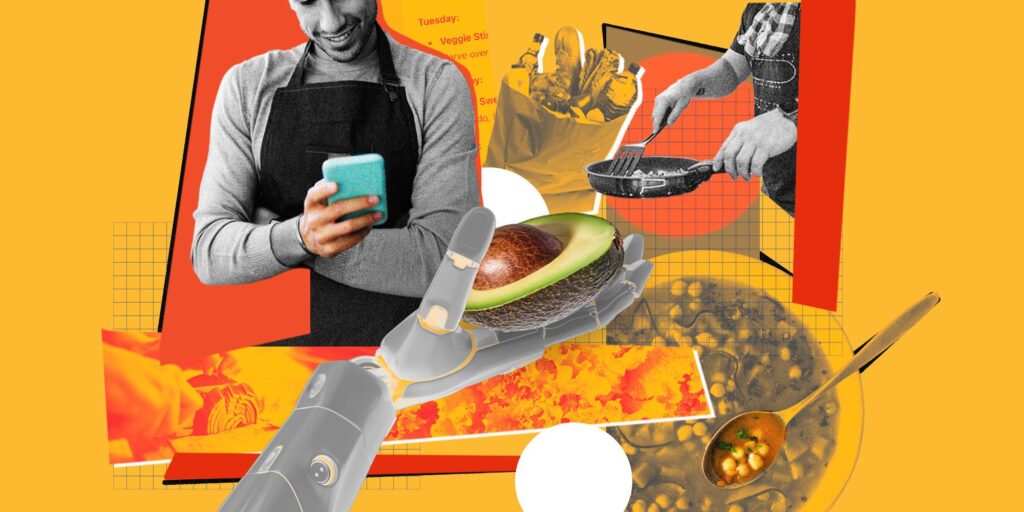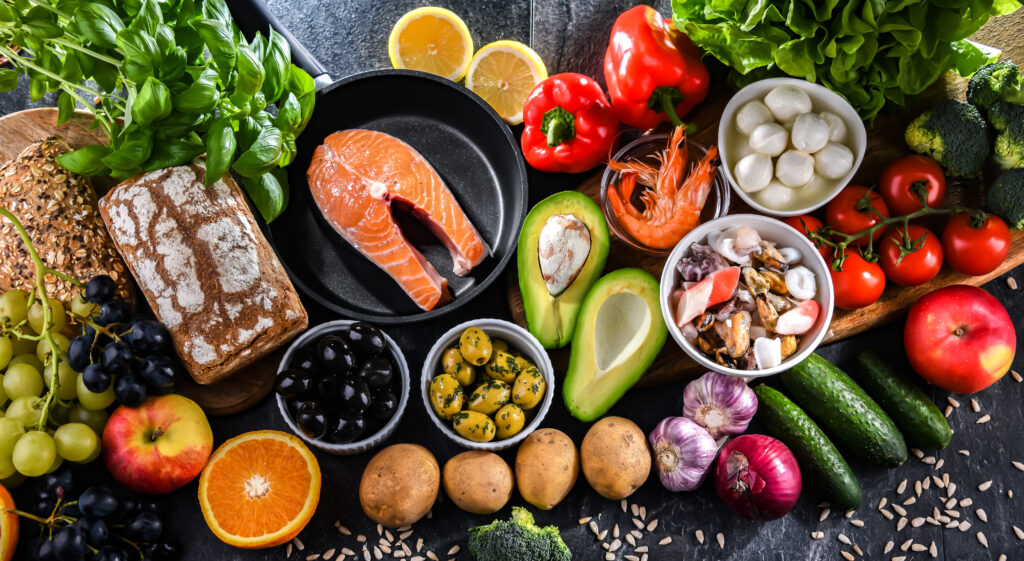Many of us often find ourselves searching for the latest diet in order to try and keep ourselves trim. While it’s important to look after ourselves and maintain a healthy and balanced weight, we need to also remember that every individual body is different, and to try our best to avoid getting caught up in the many different fads and diet myths out there.
In order to shed light on the common misconceptions out there when it comes to our health and nutrition, as well as touch on some of the diet myths we’ve all fallen for at one time or another, we spoke to molecular nutritionist Dr Emma Beckett for more info.
MYTH: Skipping breakfast is a good way to lose weight
“Whether you’re trying to lose weight or not, skipping any meal, especially breakfast, can leave you feeling hungry, lethargic and reaching for unhealthy options to provide you with a quick pick-me-up. But what you eat is more important than when. Breakfast, whenever you eat it, is important for kick-starting our metabolism for the day and fibre-rich cereal options such as All-Bran or wholemeal breads are great for helping keep you feeling fuller for longer. High-fibre options should also help to alleviate snacking and those sugar cravings.”

MYTH: Fibre supplements are good substitutes for fibre-rich foods
“Fibre is really important for our body as it feeds the good bacteria in the gut which promote better digestive balance, support gut health, and can also help to support immune health. An adequate intake of fibre is between 25 and 30 grams a day for most of us. That might sound hard, but getting your daily dose is actually easy if you eat high-fibre options including fibre cereals, whole grains, fruits, vegetables and nuts. Supplements might be tempting, but while they have their place, the nutrients in different foods often work better when absorbed together, so it’s important that we don’t rely purely on supplements to reach our daily fibre needs. Foods also have more benefits that come with fibre, such as nutrients and bioactive compounds.
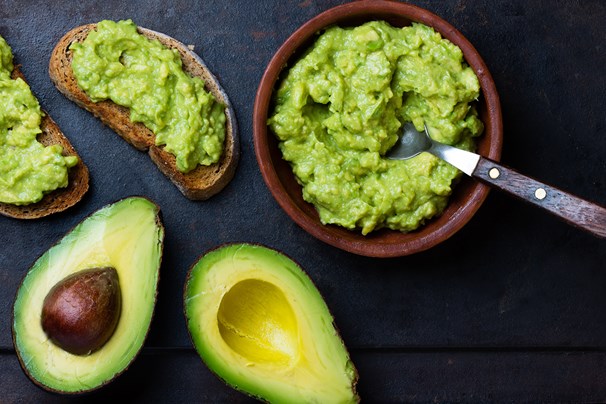
MYTH: Cutting out foods high in fat is better for my weight
“Time and time again I hear people say that they are cutting down on foods high in fat as they believe they’re bad for both health and weight. While it’s important to reduce the level of unhealthy saturated fats, which can often be found in processed foods and animal products, there are many foods that contain good fats that are essential for optimal health. We need these good fats to help us absorb some of the vitamins, to build cell membrane and some of the signalling molecules in the body. Foods high in these good fats such as avocados, salmon and nuts are extremely nutritious and can help you feel fuller for longer. Knowing the difference between good and bad fats is important in helping you distinguish between which fats you should be cutting down on and which to eat in moderation.”

MYTH: Healthy food is more expensive
“It can be a misconception that healthy food is far more expensive then unhealthy and takeaway options. There are actually lots of healthy options that are cheap to buy and aren’t going to spoil quickly. Take high-fibre cereal for example – Sultana Bran is a great affordable option that provides you with fibre and whole grains to support your gut health and help you to feel fuller. When it comes to buying fruit and vegetables, canned and frozen options are just as healthy as the fresh ones, and you can buy them cheap and store or freeze ahead of time. If you do your research and shop around, healthy eating really doesn’t have to be as expensive as it might seem.”

MYTH: A carb-free diet is best for shedding extra kilos
“Some foods high in carbohydrate, such as wholemeal bread, cereals and pasta, are fibre-rich and leave us feeling fuller for longer. Much like knowing the difference between good and bad fats, the same goes for carbohydrates – quality matters. When it comes to foods high in carbohydrates, healthier options could be switching white bread for wholemeal options, low-fibre cereals for those that are fibre-rich, and white pasta to wholemeal or buckwheat options. Many fruits and vegetables are actually high in the carbohydrates we need for good health, such as sweet potato and bananas for example, so it’s important we don’t cut carbs out completely – they give us the energy we need to run our bodies.”
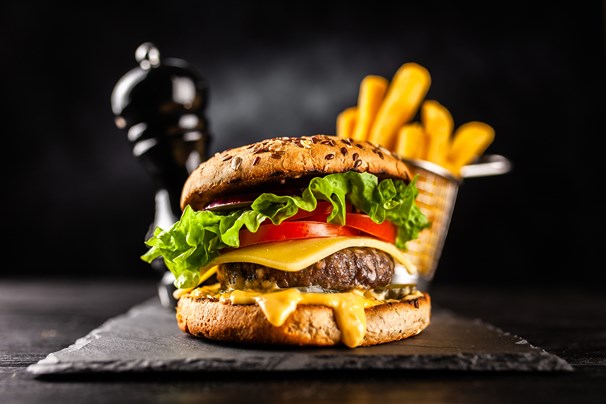
MYTH: Enjoying my favourite treat is bad for me
“It is important not to deprive ourselves of the foods or treats you truly enjoy, although these can leave you wanting more and eventually giving in to temptation or overindulgence. Moderation is key here, and it’s fine to enjoy your favourite treat every so often. If it’s a specific meal or cuisine you favour, portion sizes are key here, especially when trying to lose weight. Guilt is not healthy either, and we are allowed to enjoy foods too.
Shutterstock







